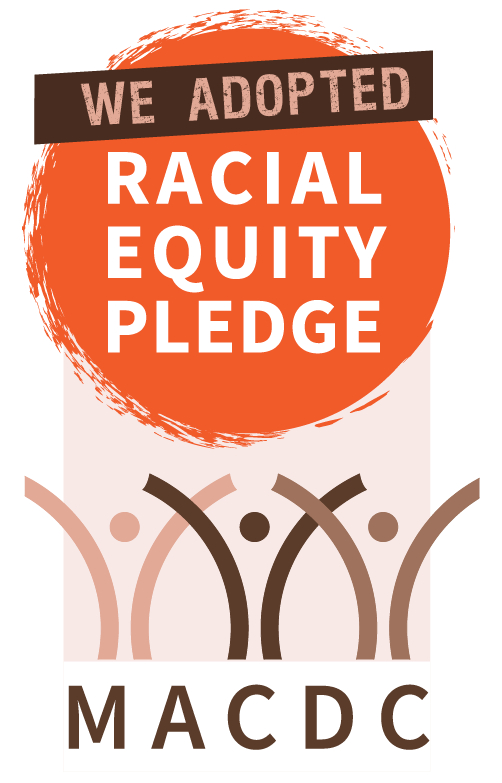There are two court systems that enforce Fair Housing laws: federal courts and Massachusetts state courts. The state courts also enforce state tenant rights laws. A person who has been discriminated against in housing can take their housing provider to federal court or state court. If you have an attorney representing you, they will help you decide which court is best. Most people representing themselves choose state court.
All cases start at a trial court. A trial court hears the case by receiving evidence and arguments from the parties, and then makes a judgment. Judgments include a determination of who is right or wrong and grant relief to the winning party. Relief can be money damages or injunctive. Injunctive relief means that a party has to start or stop doing something.
There is one federal trial court in Massachusetts, the United States District Court for the District of Massachusetts. There are three types of state trial courts where fair housing and tenant rights cases are heard: the housing court; the district court; and the superior court. For tenants and housing providers, the main difference between these courts relates to the frequency the court hears housing cases and the amount of damages sought. Housing court is often a good choice for tenants or housing providers that are representing themselves. Most housing cases are brought in housing court or district court. These courts are also where evictions are sought. A tenant can raise a fair housing or tenant rights issue in response to an eviction filed against them.
Housing Court has useful resources for tenants and housing providers, including a mediation service, a center to help navigate the court system and answer questions, and a Tenancy Preservation Program to help parties find reasonable accommodations when a tenant’s disability-related behavior is the basis of an eviction. If a case is started in a District Court, it can be moved to a Housing Court if one is available in your region.
Information on the Housing and District courts can be found on their respective websites. Each of these sites has court forms and information on resources and rules. The Housing Court provides a variety of other resources as well.
The Court Service Center can provide help filling out forms and accessing the rules. The state also provides information on self-representation and maintains trial court law libraries where you can get additional useful information and ask questions.












